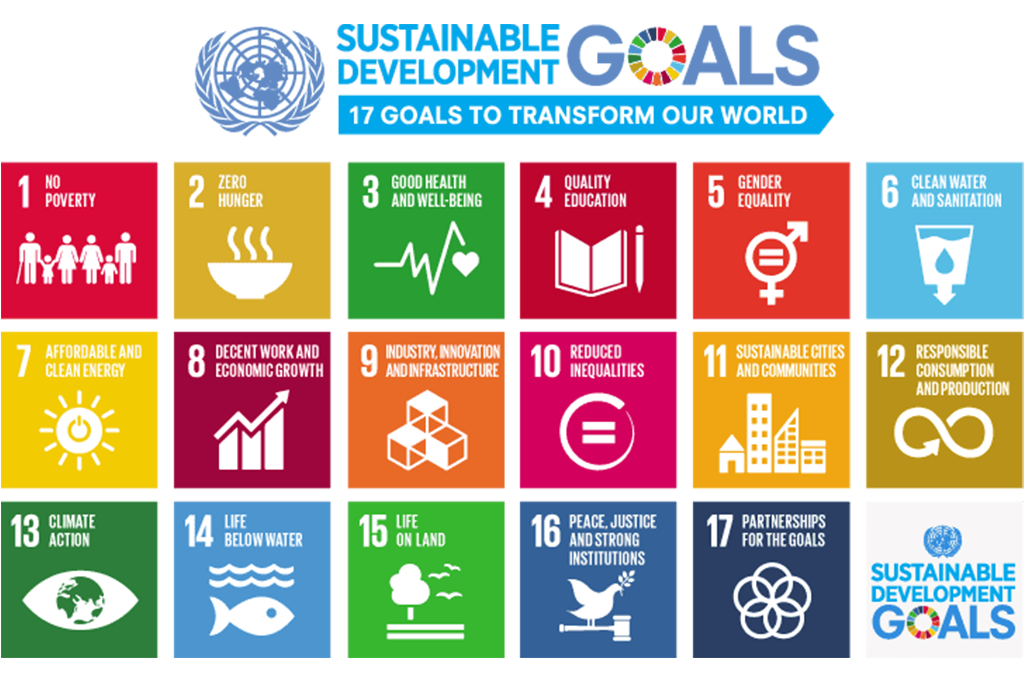In a world where one-third of all food produced is lost or wasted, the enormity of the issue goes beyond the discarded meals on our plates. Food wastage is a critical issue plaguing our world, with approximately 30% of all food produced being lost or wasted globally. This wastefulness is not just a matter of discarded meals; it encompasses a vast spectrum of environmental, economic, and social implications. To comprehend the gravity of the situation, consider that the land wasted due to discarded food is greater than the combined size of Canada and India, while the water wasted could fill a staggering 100 million Olympic-size swimming pools!
Moreover, the environmental toll of food wastage cannot be overstated, accounting for 8-10% of greenhouse gas emissions. The causes of food wastage vary from country to country, with wealthier nations primarily squandering nearly half of their food at the retail and consumer stages. Conversely, in lower-income countries, the major culprits are insufficient storage and cooling facilities, poor harvesting techniques, and a lack of infrastructure for efficient food movement and sale.
Efforts to curb food wastage must begin at the roots of food production. On farms, ensuring an adequate supply of water, optimal heat conditions, and preventing losses due to pests, weeds, and diseases are paramount. Additionally, the degradation of global soil quality necessitates a concerted effort to improve soil health and reduce dependence on artificial fertilizers.
Advanced harvesting technology can also play a pivotal role in minimizing losses during the production phase. The importance of proper storage conditions cannot be overstressed, particularly in less affluent nations where upgrading storage systems could potentially reduce food wastage by 25%. Developing cost-effective machines powered by sustainable sources, such as solar panels, can revolutionize the preservation and storage of food in resource-constrained areas.
Furthermore, improving packaging and food processing methods at various stages of the supply chain can prevent spoilage and waste. Emphasis should be placed on making packaging sustainable to mitigate the environmental impact.
However, a considerable portion of food wastage occurs at the consumer level, especially in wealthier countries where improper shopping habits prevail. Restaurants and grocery stores often discard perfectly edible food, contributing to the issue. Instead, a concerted effort should be made to donate surplus food to local organizations that assist those in need.
Now, it’s your turn. Be a conscious consumer! Question local businesses about their food disposal practices and advocate for donations to charities. Just a few hours each week can collectively lead to a substantial reduction in food wastage, ensuring surplus food reaches those who desperately need it.
In conclusion, addressing the complex issue of food wastage requires a multifaceted approach involving improvements in agricultural practices, technology, storage systems, and consumer habits. By implementing these changes collectively, we can work towards a more sustainable and equitable future, ensuring that food reaches those who need it most.








